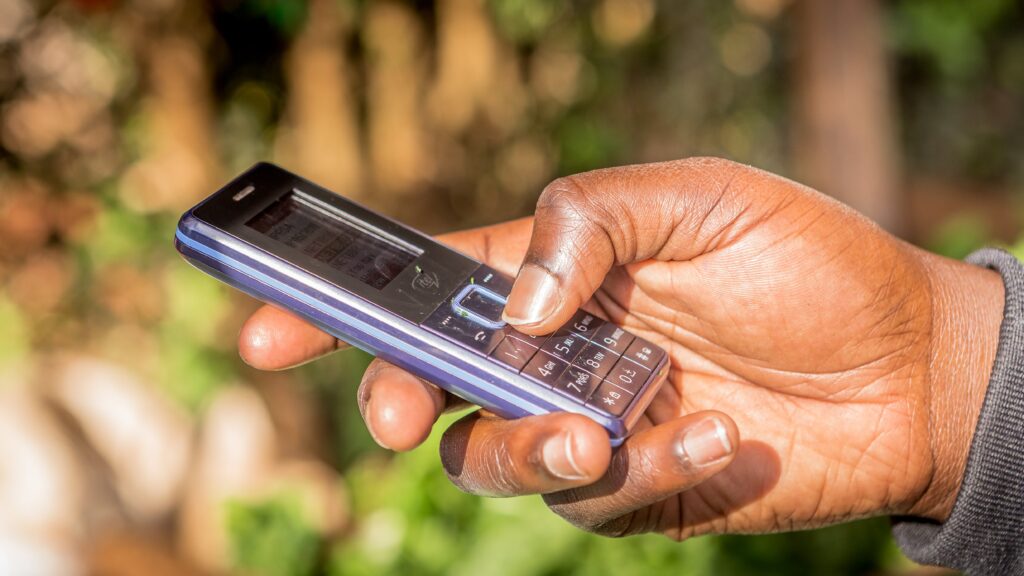 13 Aug 2019
13 Aug 2019
For millions of financially excluded individuals worldwide, Savings Groups offer the opportunity to save and borrow small amounts of cash in a convenient, accessible and generally safe manner. The standard methodologies promoted by development organizations reduce threats to the security of members and group assets through the self-selection of known and trusted members, the use of a cash box with multiple locks, transparent cash counting, and the active use of the loan fund.
In 2019, our partners the SEEP Network and Catholic Relief Services returned to the study sites of the risk assessment across Madagascar to examine the impact of theft and insecurity on Savings Groups, and to identify how groups, communities, trainers and law enforcement officials have responded. In each village, interviews were conducted with groups that had experienced theft or attacks, as well as nearby groups that had not been directly affected. In total, 23 groups were interviewed, represented most often by their management committees. To add perspective to the information gathered from group interviews, additional interviews were conducted with 21 trainers, 10 staff from implementing partner organizations, seven community members and two law enforcement officials.
Download the case study here.
